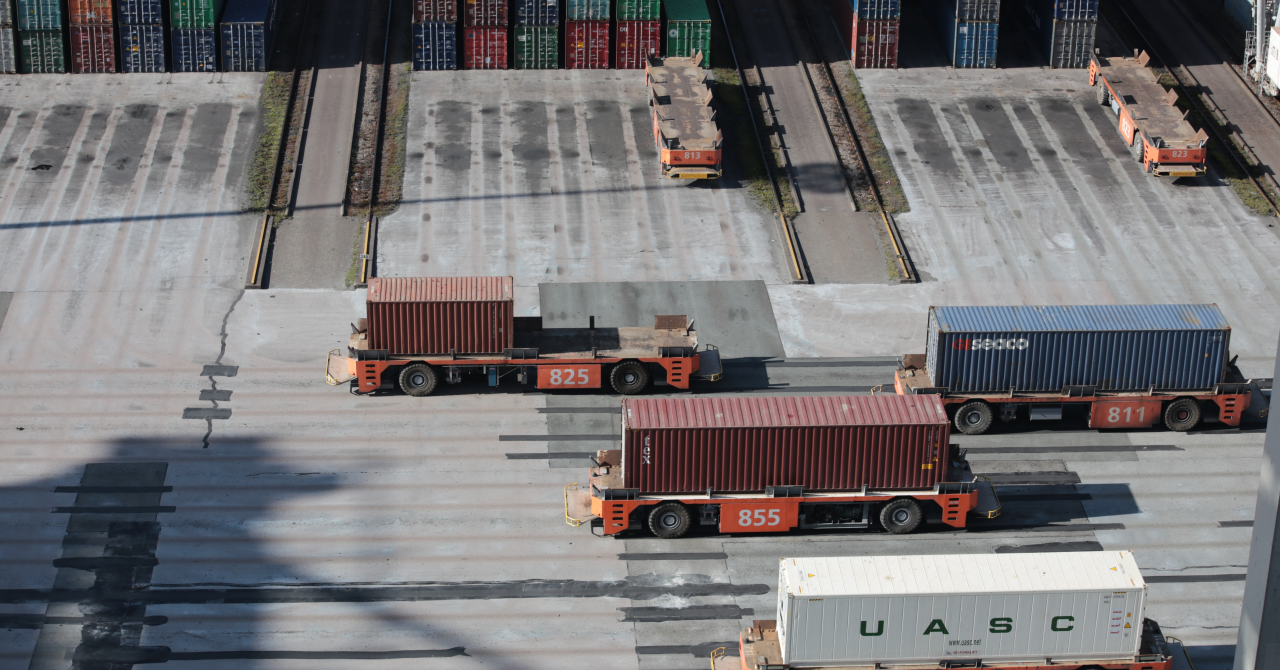According to Reuters, the money will go towards a wide range of improvements, including making EVs more accessible, reducing food waste, improving public transport and trucking with regards to emissions and decarbonizing the industry.
The government also wants to ban some coal-based boilers and plans to change the agricultural sector, by introducing an emissions pricing mechanism for its agricultural sector, starting 2025.
Country officials announced that the new Climate Emergency Response Fund will initially receive 2.83 billion USD from Emissions Trading Scheme revenue, with 1.8 billion USD to be allocated in this week's budget.
New Zealand Prime Minster, Jacinda Ardern, said that the new plan "delivers the greatest opportunity we've had in decades to address climate change but also move to a high wage, low emissions economy that provides greater economic security by creating jobs."
By the end of 2025, country officials claim that the biggest emissions reductions will come from the energy, industrial and transport sectors.
825 million USD will go towards transport, for projects such as encouraging people to adopt EVs and decarbonizing freight and public transport.
Furthermore, 241 million USD will be invested into changing agricultural practices, while nearly 440 million USD will be allocated for a cleaner industry.
Finance Minister, Grant Robertson, said that "we will directly recycle the costs of pollution back into projects that reduce emissions. This means the polluters are paying not the households."
 Mihai - Cristian Ioniță
Mihai - Cristian Ioniță












Any thoughts?